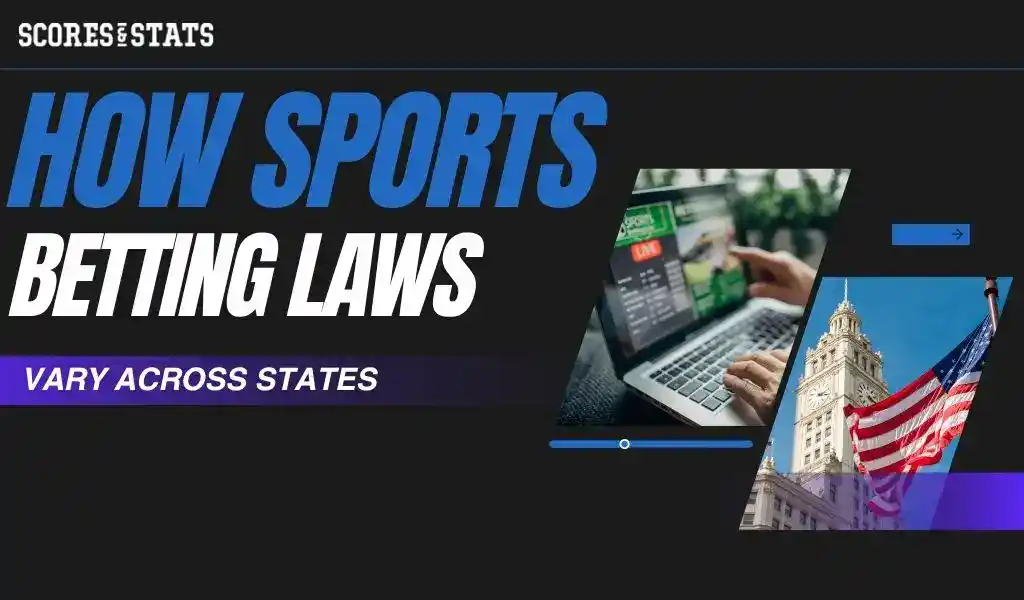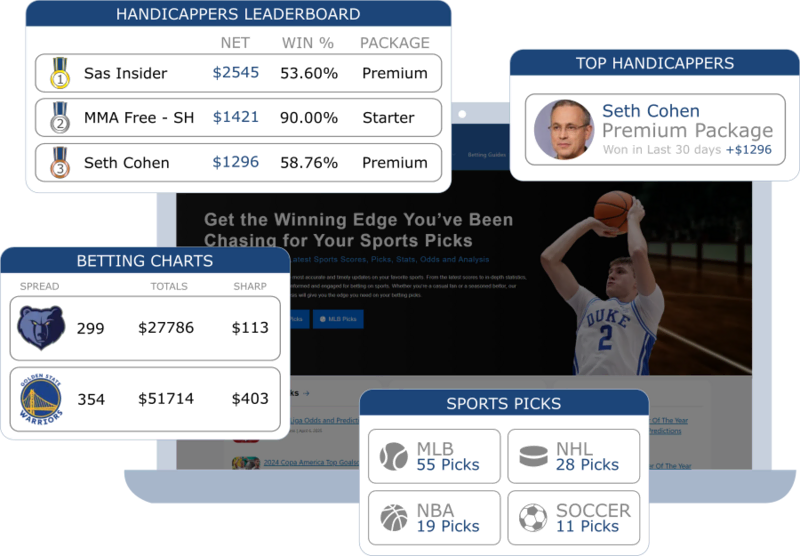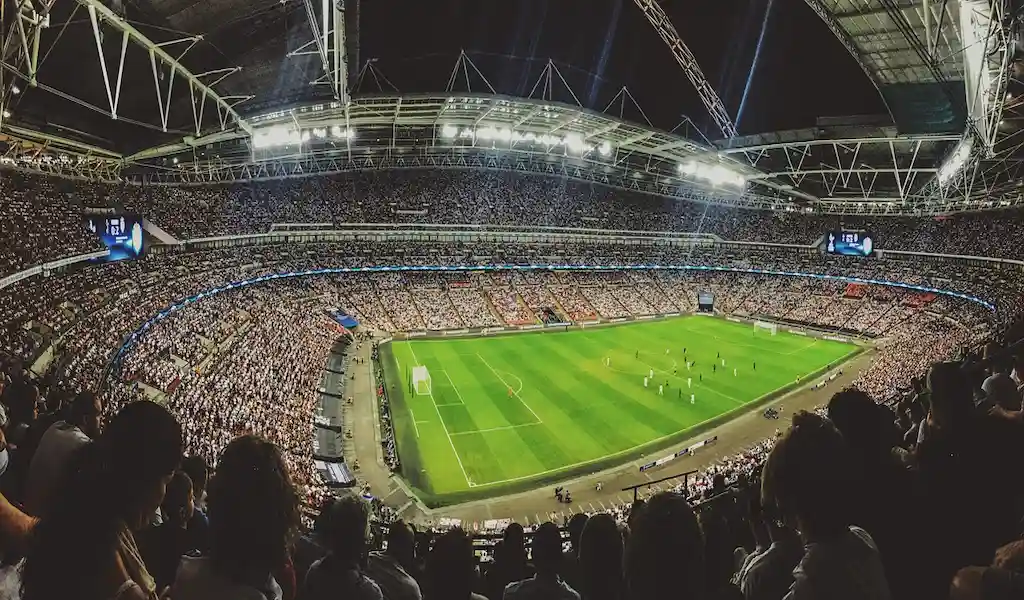Sports betting in the U.S. has become a patchwork. Some states welcome full-scale mobile wagering, others maintain strict in-person-only hurdles, and a few still ban most kinds of sports gambling outright. Since the U.S. Supreme Court struck down the Professional and Amateur Sports Protection Act (PASPA) in 2018, states have been free to decide their own legal frameworks. The result is a confusing terrain that bettors, businesses, and regulators must carefully navigate. Here, we’ll examine how those laws differ across states, what drives those differences, and how they affect bettors on the ground.
State Frameworks and Florida’s Complicated Position
When PASPA fell, each state suddenly gained the authority to chart its own course on sports betting. Some, like New Jersey and Nevada, moved swiftly, establishing a wide-open model that included retail sportsbooks and mobile platforms. Other states hesitated, weighing risks, social impacts, and the potential windfall of tax revenue. The result has been a map where laws vary as much as the states themselves.
This complexity is clearer in Florida than anywhere else. The Florida sports betting market has been shaped by tribal sovereignty, lawsuits, and voter-approved constitutional amendments. At present, legal betting is available only through the Seminole Tribe’s Hard Rock Bet app and its in-person casinos. However, online platforms provide a legal alternative in the form of sweepstakes and DFS sites, offering a wide selection of games and sportsbook-style experiences. Court battles continue to challenge whether processing online wagers through servers on tribal land satisfies state requirements, though, which is leaving bettors in a cloud of uncertainty.
Online vs. In-Person Betting
One of the biggest differences between states lies in whether bets can be placed online or only in person. Mobile betting has become the preferred method of betting across a large portion of the country, and apps in New Jersey, Pennsylvania, and Illinois allow players to wager from their couches. Other states, however, restrict betting to physical sportsbooks at casinos or racetracks.
Taxes and Revenue Distribution
Another area of divergence is taxation. States like New York set some of the highest tax rates in the country on sportsbook revenue, arguing that operators tapping into a lucrative market should give back significantly to the public purse. Those funds are often reserved for education or infrastructure. In contrast, states like Nevada have kept their taxes low, which is a strategy designed to attract operators and maintain Las Vegas’s position as a renowned global betting hub.
College Sports and Other Restrictions
The question of what sports can be bet on also varies. Some states prohibit wagers on in-state college teams due to fears that local pressure could negatively influence athletes. Others ban all college prop bets, citing integrity concerns. Still others take a more permissive approach, allowing bets on nearly every type of sporting event. There is a tension, then, between protecting amateur athletics and maximizing betting options, with each state drawing the line in a slightly different place.
Licensing and Oversight
The licensing process further illustrates the lack of uniformity. In some states, commercial casinos and online operators can compete openly for market share, creating a competitive environment that often benefits consumers with better odds and more promotions. In others, tribal compacts or lottery commissions hold exclusive control. That form of exclusivity can simplify regulation. However, it may also lead to less competition and a limited level of choice for the consumer.
Legal Challenges and Uncertainty
Florida is not the only state where sports betting laws have ended up in the courtroom. Nationwide, lawsuits have been filed that are challenging the scope of tribal compacts, the legality of online wagering, and even the placement of betting servers. These disputes can often delay rollouts, frustrate operators, and even confuse bettors. Legal uncertainty is a defining feature of the U.S. sports betting map, and it is likely to persist as states continue to try to fine-tune their laws.
Why the Differences Persist
The variations in state laws are not accidental; they reflect political climates, economic priorities, and local values. States with a strong tradition of gaming, like Nevada and New Jersey, were quick to embrace widespread legalization. Other states, such as Utah and Hawaii, have kept outright bans due to their cultural and moral objections. Tribal sovereignty, still, adds another layer, as compacts between tribes and states often determine who can offer sports betting and under what conditions. Finally, voter referenda and constitutional amendments in some states make change a slow and complicated procedure. Taken together, these factors explain why no two states look exactly alike.
Looking Ahead
Despite the differences, trends are beginning to emerge. More states are warming to mobile betting as they recognize its popularity and potential for generating substantial tax revenue. Consumer protection measures like self-exclusion programs and advertising restrictions are also becoming more common. Even so, it is unlikely that a single nationwide model will develop anytime soon. Each state retains control, and the political, cultural, and economic forces shaping those decisions remain diverse.
Final Thoughts
Sports betting in the United States is a story of variety and fragmentation. From states with thriving mobile markets to those that still ban wagers entirely, the legal landscape is shaped by local priorities and histories. In Florida, we can see how complicated these questions can become when tribal rights, constitutional law, and online technology intersect. For bettors, the most important lesson is simple, and that’s to know the rules where you are. Some level of consistency may eventually emerge as the industry matures, but for now, the state-by-state approach means that sports betting in America will remain complex for the foreseeable future.














